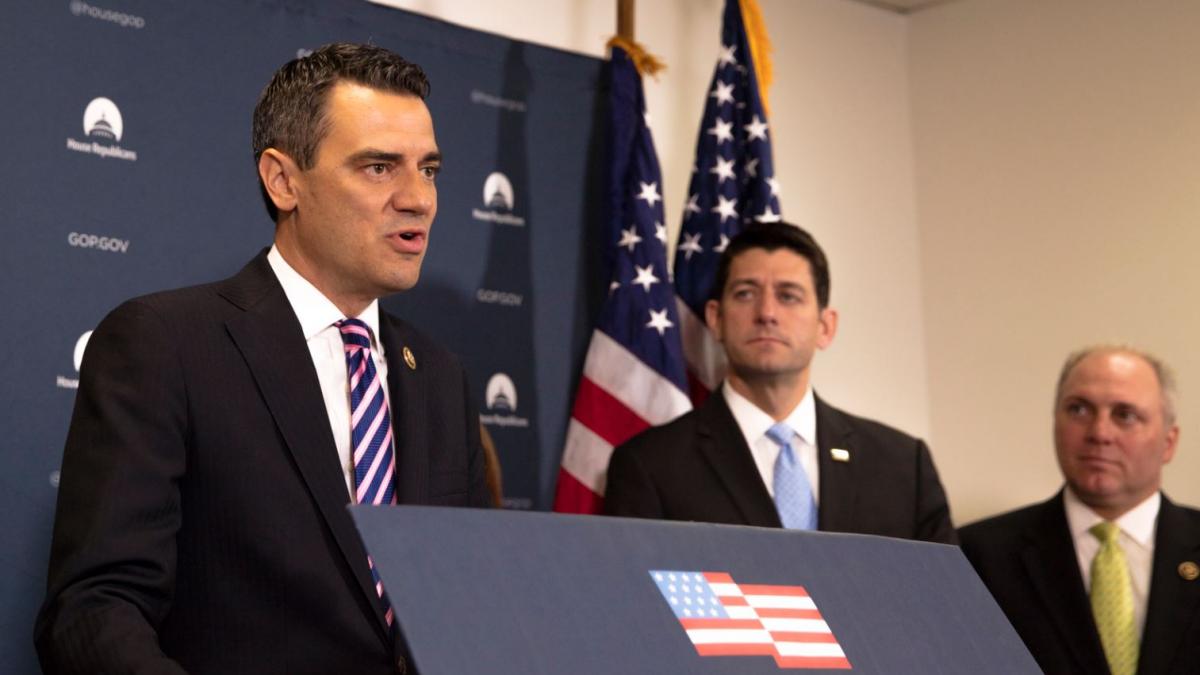
An alarming bit of news – generally ignored by the press – is that the country of origin ceilings that try to diversify our immigration streams may be scrapped by congressional action.
The House Appropriations Committee, while marking up the Department of Homeland Security spending bill this week, inserted language that would eliminate the long-standing requirement that no more than 7 percent of any group of employment-based immigrants could come from a single nation. The same provision would ease the 7 percent rule on family migration as well, but not eliminate it. (See the amendment here, on pp. 23-28; it was introduced last year as a stand-alone bill, H.R. 392.)
This came about because the chair of the DHS Appropriations Subcommittee, Rep. Kevin Yoder, R-Kan.), managed to persuade his colleagues on the full committee that the current system is unfair to the Indian nationals whose visa applications, notably in the EB-2 category, are backlogged for several years. The provision would also speed up the delivery of EB-5 (immigrant investors) to Chinese applicants, while slowing down their arrival for people elsewhere in the world.
While this would not directly increase the number of legal immigrants overall, it would speed up the visa issuances for those from China, India, and to a much smaller degree, aliens from Vietnam and three Central American nations (in the EB-5 and EB- 4) categories, and slow them for everyone else.
The slowing of visa issuances to all nations then might lead to a successful effort to remove (or inflate) the current numerical ceilings, thus increasing overall immigration.
The committee action would have to be confirmed by the whole House, and by the Senate, and signed into law by the president. If a provision gets as far along as this one has, there's a good chance it will make it all the way.
Senator Chuck Grassley (R-Iowa), chairman of the Senate Judiciary Committee, has headed off such legislation in the past.
One likely result of the most recent committee action is that this language might find its way into one of those omnibus appropriation bills which, for all practical purposes, cannot be amended on the floor of either house.
